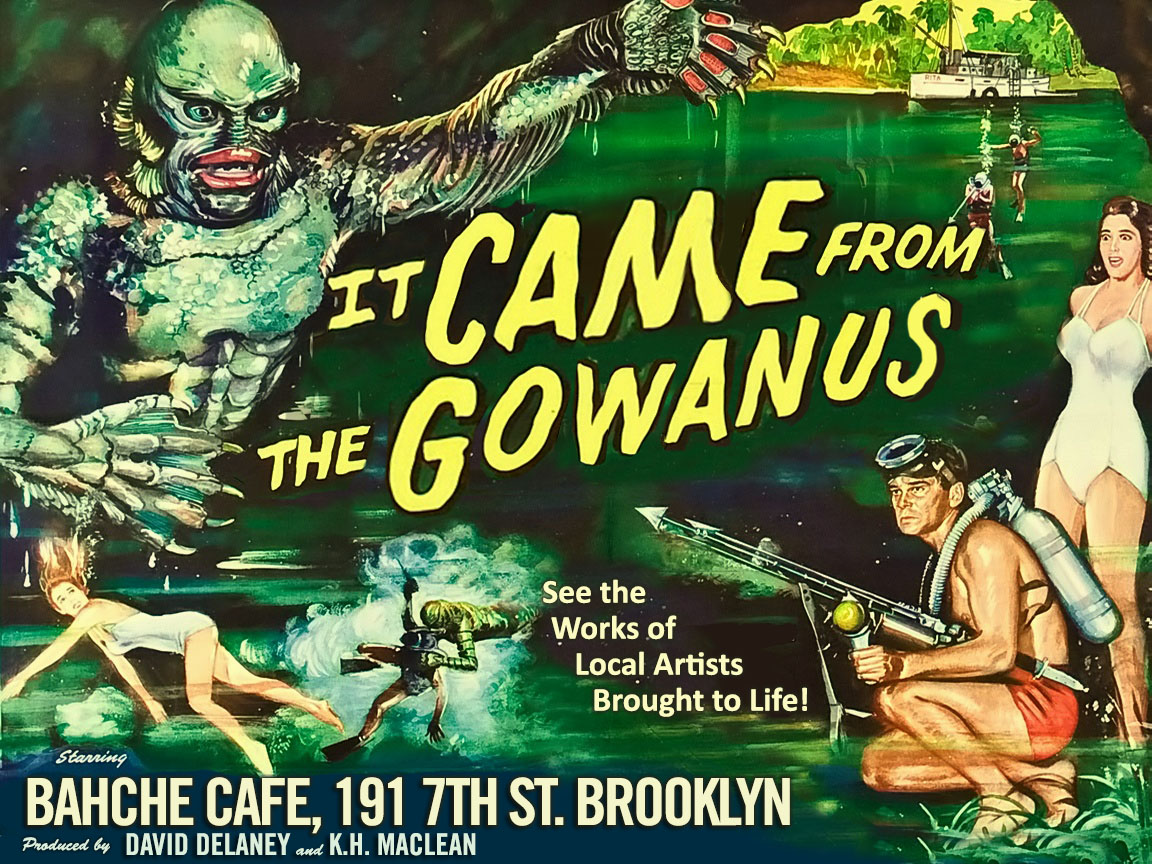Is Online Gaming Fun?
 K.H. MacLean |
K.H. MacLean |  Wednesday, January 8, 2014 at 5:14PM
Wednesday, January 8, 2014 at 5:14PM 
More and more big money in gaming seems to revolve around the online experience. From Madden to Call of Duty to Injustice to Minecraft, game developers have committed more and more time to online aspects of games, often at the cost of the single player experience.
The most anticipated game of the new console generation, Killer Instinct, was released with no single player campaign at all (The game was rushed to coincide with the release of Xbox One and campaign modes will be available to the public in March).
While gamers are being herded in the profitable direction of online play by Sony and Microsoft there is one question no one has seemed to ask yet: Is online gaming actually enjoyable?
Certain games are designed entirely around online play. Games such as Skyrim, Minecraft, going all the way back to World of Warcraft are entirely built on playing in a communal world with other players. These Massive Multiplayer Online role players (MMORPG) thrive on online play. Players work together to accomplish goals and the highly customizable environments make it easier for gamers to police themselves.
In these cooperative style online games, players can literally create a whole world for themselves and, whether or not they’re your cup of tea, they are undeniably fun for those willing to invest the time.
It is in more mainstream games that things get a little more… tense.
Anyone who has ever spent an hour playing Call of Duty can tell you about the abundance, of cheap tactics, profane language, and obnoxious users that run rampant throughout the online community. Now, the occaisonal troll can be pretty amusing if they're clever, but most of the time they just make everyone they run into miserable.
The offending parties seem to always have a few things in common: They constantly accuse they’re opponents of using cheap tactics while they use cheap tactics themselves. They very rarely are top tier players. If they have a mic, they sound like they’re ten years old. They are incredibly homophobic, sexist, and racist.
It is in this match based, competitive style of online gaming that people really see the worst of the gaming world.
It isn’t so unlike any sort of interactive community online that offers its users anonymity. The only difference is that on message boards, other readers can typically remove offensive comments and moderators can ban any abusive members. Xbox and PS3 do both allow users to mute other mic’d players and you can send in reports of abusive players, but aside from a temporary communications ban for players that receive several complaints there isn’t much done about it.
The game that suffers the most from this are fighters like Injustice: Gods Among Us. The story mode is fairly repetitive and loses its appeal pretty quickly for most moderately skilled players. The online format of the game is really where gamers are encouraged to log most of their time.
An environment where players are pitted against each other in an open, anything goes fight in which speed and simplicity are rewarded over grace and complexity? What could possibly go wrong?
The result is a game community that is so petty and combative that even the best players in the world get booed for “cheap tactics”.
Interestingly one of the greatest online match based game experiences comes from a game in which the multiplayer mode was originally just a tack on. Mass Effect 3 was one of the most anticipated games of the last ten years. Upon its release, fans had no difficulty picking it apart, but the multiplayer mode was left out of their criticisms.
Mass Effect 3 allows for a multiplayer match based experience that is both cooperative and varied, but also has the players working towards a final goal (unlike CoD’s similar Zombie games).
When it comes down to it, online gaming only truly has staying power when you enjoy the people you’re playing with. On games like Injustice and Call of Duty this typically means playing with friends. In cooperative games, players are much more apt to want to get along. Either way, playing with ten year olds is generally a bad idea.
 KH MacLean,
KH MacLean,  Videogames |
Videogames | 













